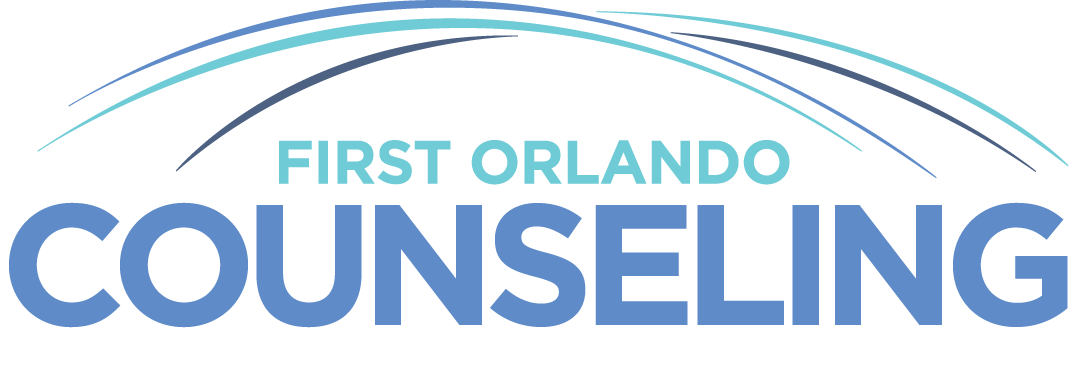
EFT
Emotion focused therapy
Emotionally Focused Therapy (EFT) is a short-term form of therapy that focuses on adult relationships and attachment/bonding. The therapist and clients look at patterns in the relationship and take steps to create a more secure bond and develop more trust to move the relationship in a healthier, more positive direction.
CBT
Cognitive Behavior Therapy
Cognitive Behavior Therapy (CBT) is a time-sensitive, structured, present-oriented psychotherapy directed toward solving current problems and teaching clients skills to modify dysfunctional thinking and behavior. CBT is a psychotherapy that is based on the cognitive model: the way that individuals perceive a situation is more closely connected to their reaction than the situation itself.
TBRI
Trust-based relational Intervention
TBRI® is an attachment-based, trauma-informed intervention that is designed to meet the complex needs of vulnerable children. TBRI® uses Empowering Principles to address physical needs, Connecting Principles for attachment needs, and Correcting Principles to disarm fear-based behaviors. While the intervention is based on years of attachment, sensory processing, and neuroscience research, the heartbeat of TBRI® is connection.
ART
Accelerated Resolution therapy
ART works directly to reprogram the way in which distressing memories and images are stored in the brain so that they no longer trigger strong physical and emotional reactions. ART accomplishes this through the use of rapid eye movements similar to eye movements that occur during dreaming.
EMDR
Eye Movement Desensitization and Reprocessing
EMDR is a psychotherapy that enables people to heal from the symptoms and emotional distress that are the result of disturbing life experiences. Repeated studies show that by using EMDR therapy people can experience the benefits of psychotherapy that once took years to make a difference.
RTM
RECONSOLIDATION OF TRAUMATIC MEMORIES
Primarily used in treatment for PTSD, Reconsolidation of Traumatic Memories (RTM) is quickly becoming known as the most effective neurological intervention for trauma treatment. RTM uses a short visualization process to retrieve and alter the memory. It is a stress-free method of treatment that has been shown to relieve nightmares and flashback symptoms of PTSD for over 90% of those treated, in less than half the time of current therapies, often in fewer than two or three sessions.
